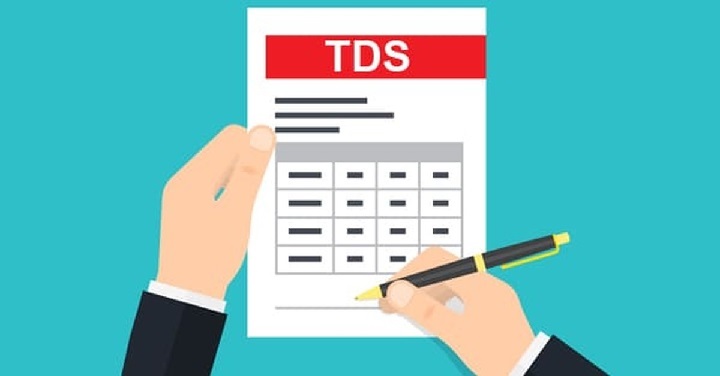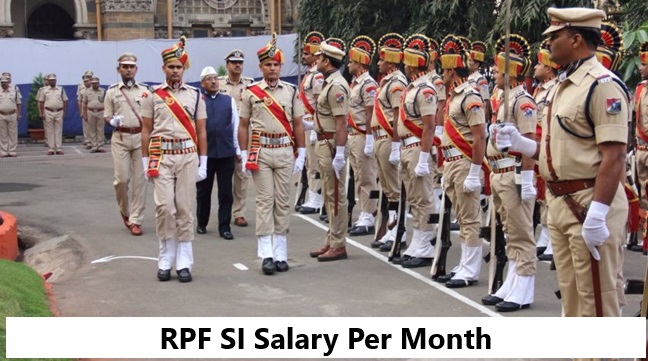Salary Request Letter to Boss: Writing a salary request letter to boss can feel daunting, but it is an essential skill for professionals seeking fair compensation for their work. A well-crafted letter demonstrates professionalism, clearly communicates your intentions, and increases the likelihood of a favorable response. In this article, we’ll explore the elements of a strong salary request letter, provide tips for crafting an impactful one, and present multiple examples tailored to different situations.
Our focus keyword, “salary request letter to boss,” will be seamlessly incorporated throughout the article to ensure its relevance and usability.
Why Write a Salary Request Letter to Boss?
There are several reasons you might want to submit a salary request letter to boss:
- Recognition of Effort: To highlight your contributions to the company.
- Market Alignment: To align your salary with industry standards.
- Promotion or Increased Responsibilities: To reflect changes in your role or duties.
- Cost of Living Increases: To adjust for inflation or rising expenses.
A salary request letter to boss is a formal way to express your need for a salary review while demonstrating respect for organizational processes.
Key Components of a Salary Request Letter to Boss
A well-structured salary request letter to boss includes the following elements:
1. Professional Greeting
Begin with a formal salutation, such as:
- Dear [Boss’s Name],
- Respected [Boss’s Name],
2. Introduction
State the purpose of your letter in a concise and professional tone. Mention your role and briefly explain why you’re writing.
Example:
“I hope this message finds you well. I am writing to formally request a review of my current salary, considering my contributions to the company and the evolving scope of my responsibilities.”
3. Highlight Your Achievements
Showcase specific accomplishments, such as successful projects, exceeding targets, or introducing innovations.
Example:
“In the past year, I successfully led the team that increased sales by 25% and introduced an efficiency system that reduced operational costs by 15%.”
4. Justification for the Request
Provide a valid reason for your salary adjustment. Reference market data, your expanded role, or cost-of-living increases.
5. Request Amount
Clearly state the salary increase or range you are requesting.
Example:
“I believe an adjustment of 10-15% would fairly reflect the value I bring to the organization.”
6. Closing Statement
End with a positive and respectful tone, expressing gratitude and a willingness to discuss the matter further.
Example:
“Thank you for considering my request. I am open to a discussion at your earliest convenience to provide additional details.”
Tips for Writing an Effective Salary Request Letter to Boss
1. Research Industry Standards
Before writing your salary request letter to boss, research salary trends in your industry. This ensures your request is reasonable and supported by data.
2. Be Professional and Polite
Maintain a respectful tone throughout the letter. Avoid sounding entitled or overly emotional.
3. Be Specific and Concise
Avoid lengthy explanations. Focus on key points to make your case effectively.
4. Use Evidence to Support Your Claim
Provide examples of your contributions and cite credible sources for market comparisons.
5. Timing Matters
Choose an appropriate time to send your salary request letter to boss, such as during performance reviews or after a major achievement.
Sample Salary Request Letters to Boss
Here are several examples of how you might structure a salary request letter to boss, depending on your circumstances.
Example 1: General Salary Increase Request
Subject: Request for Salary Review
Dear [Boss’s Name],
I hope you are doing well. I am writing to formally request a review of my current salary. Over the past [X months/years], I have contributed to the company by [list key achievements, e.g., increasing efficiency, managing critical projects, achieving sales targets].
Given my performance and the value I bring to the organization, I believe it would be fair to align my compensation with the contributions I make. I have also reviewed industry standards, which indicate that my current salary is below the average for similar roles.
I kindly request a salary adjustment to reflect these factors. I am open to discussing this further and providing additional details if needed.
Thank you for your time and consideration.
Best regards,
[Your Name]
Example 2: Salary Increase After Promotion
Subject: Salary Adjustment Request Following Role Change
Dear [Boss’s Name],
I hope this message finds you well. I am writing to request a salary adjustment following my recent promotion to [new position]. I am grateful for the opportunity and the trust placed in me to take on these additional responsibilities.
Since stepping into this role, I have successfully [list specific achievements or contributions related to the new role]. Given the increased scope of my responsibilities and my contributions to the organization, I believe a salary adjustment of [specific percentage or amount] would be appropriate.
I appreciate your consideration and am happy to discuss this further at your convenience.
Best regards,
[Your Name]
Example 3: Request Based on Market Standards
Subject: Request for Salary Review
Dear [Boss’s Name],
I hope this email finds you well. I am reaching out to formally request a review of my current compensation. After conducting market research, I found that the average salary for similar roles in our industry is [X% higher/a specific amount more] than my current salary.
Over the past [X months/years], I have consistently contributed to our team by [list accomplishments], which I believe further supports my request for a salary adjustment.
I kindly request a review of my compensation to align with market standards and the value I bring to the team. Thank you for your time, and I look forward to your response.
Best regards,
[Your Name]
Common Mistakes to Avoid in a Salary Request Letter to Boss
1. Being Aggressive or Demanding
Maintain professionalism and avoid ultimatums. A cooperative tone is more effective.
2. Failing to Justify the Request
Always back your request with concrete examples and data.
3. Neglecting Timing
Sending a salary request letter to boss during a financial downturn or company restructuring might not yield favorable results.
4. Using Informal Language
Treat the letter as a professional document, avoiding slang or casual phrasing.
5. Overlooking Proofreading
Errors in your letter can undermine your credibility. Review the document carefully before submission.
Conclusion
Writing a salary request letter to boss requires careful preparation, clear communication, and professionalism. By structuring your letter thoughtfully and providing evidence to support your request, you can improve your chances of securing a positive outcome.
Whether you’re requesting a raise due to outstanding performance, market alignment, or an expanded role, the examples and tips provided here will guide you in crafting an effective letter. Remember, timing, tone, and justification are key to ensuring your salary request letter to boss is well-received.

Salary Request Letter to Boss
Example 1: General Salary Request Letter
Subject: Request for Salary Review
Dear [Boss’s Name],
I hope you are doing well. I am writing to formally request a review of my current salary. Over the past [X months/years], I have had the opportunity to contribute significantly to our team’s success through [list key achievements, e.g., leading projects, achieving targets, increasing efficiency].
After reflecting on my contributions and reviewing industry standards for similar roles, I believe it would be fair to request a salary adjustment. I have consistently delivered results that align with our organization’s goals and would like to discuss aligning my compensation to reflect these efforts.
I deeply appreciate the opportunities for growth and learning I’ve received here and would be happy to discuss this request further at a time that works best for you.
Thank you for your time and consideration.
Best regards,
[Your Name]
Example 2: Salary Request Letter Based on Market Standards
Subject: Salary Adjustment Request
Dear [Boss’s Name],
I hope this email finds you well. I am writing to formally request a salary adjustment to better align with current market standards for my position. Based on my research, the average compensation for roles similar to mine in our industry is [X% higher/a specific amount more] than my current salary.
In addition to this, I have contributed to [list specific achievements or projects, e.g., increasing revenue, improving operational processes, leading a key initiative], which have positively impacted our team’s performance. I believe these factors justify a review of my salary.
I am grateful for the support and opportunities I’ve received in this role and look forward to discussing this request further. Please let me know a convenient time for us to meet.
Thank you for considering my request.
Best regards,
[Your Name]
Example 3: Salary Request Letter After Promotion
Subject: Salary Adjustment Request Following Role Change
Dear [Boss’s Name],
I hope this message finds you well. I wanted to take a moment to thank you for entrusting me with the role of [new position]. It has been a rewarding experience to take on these added responsibilities and contribute to the team’s success.
Given the scope of my new responsibilities, which include [list specific duties or accomplishments], I would like to kindly request a review of my salary to reflect the changes in my role. I have also researched comparable roles in the industry, and I believe an adjustment would be appropriate to ensure fair alignment with market standards and the responsibilities I now handle.
I am happy to discuss this further at a time that is convenient for you. Thank you for your consideration, and I look forward to hearing your thoughts.
Best regards,
[Your Name]











Leave a Reply